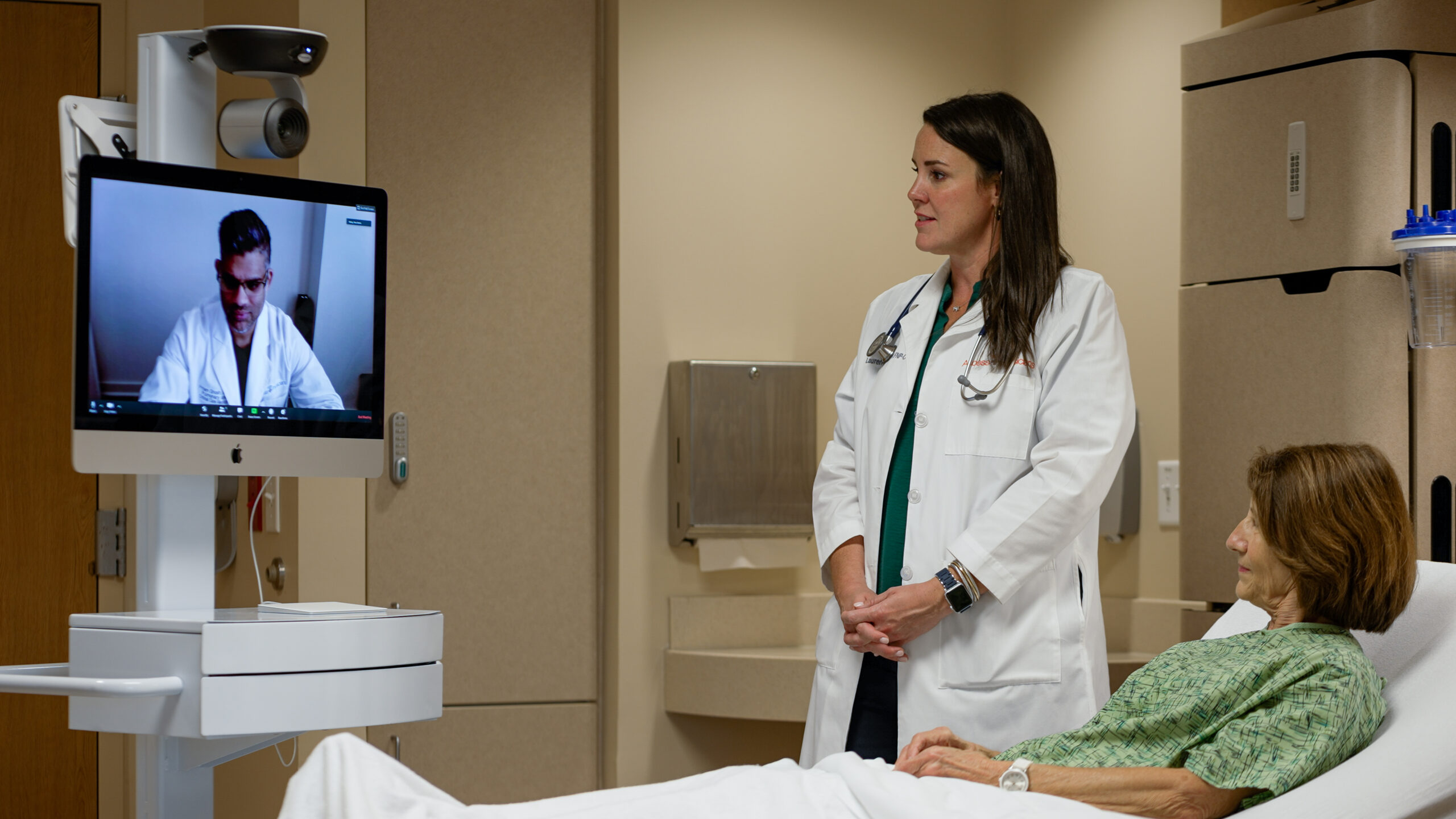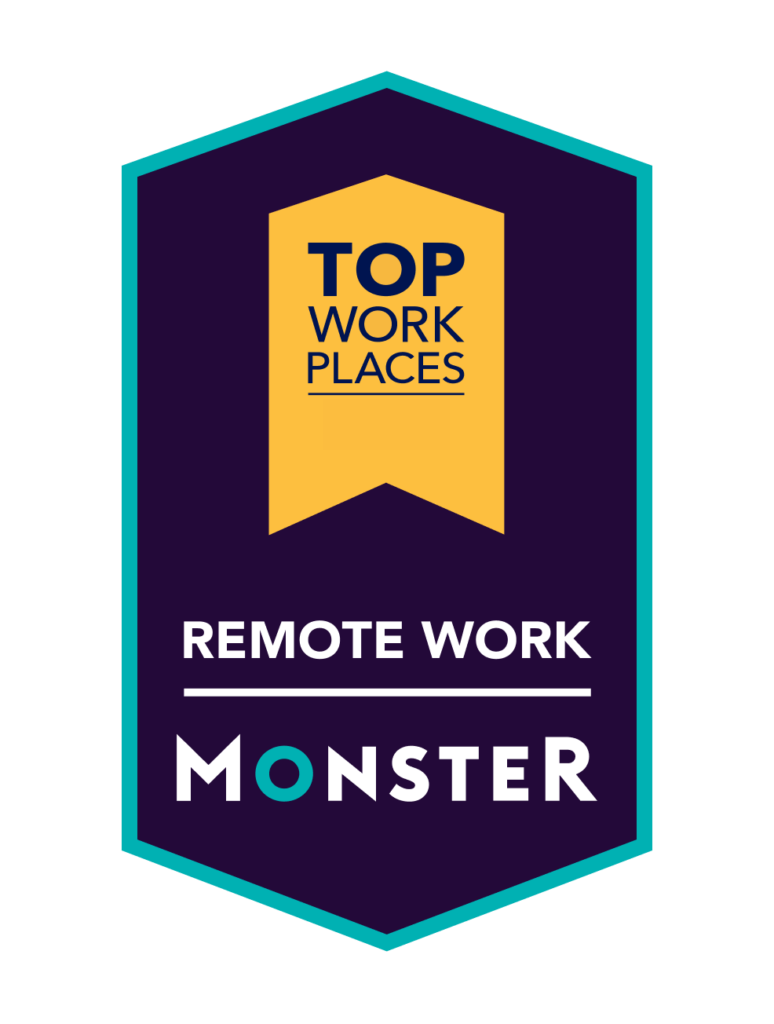From Rhode Island to California, healthcare leaders have for more than a year been confronting a common challenge: a critical shortage of nurses.
In December last year, Kentucky’s governor declared an emergency over the state’s chronic lack of nursing staff. An editorial about the nursing shortage in the Peoria Star Journal of Illinois asked: “Why are nurses so tough to retain?” In New York, an emergency room was forced to temporarily close. “Long Island emergency room closes due to nurse shortage,” read the headline.
Health systems have come up with a number of innovative strategies to respond to the challenge, and telemedicine is high on the list. Having access to tele-specialty coverage has helped to fill gaps in care, extended the effectiveness of existing nursing staff, and improved outcomes for patients.
One additional benefit of particular value amid the “Great Resignation”: nursing retention and satisfaction.
This is especially true for community hospitals in rural areas. At one of Access TeleCare’s partners, located in a small town in the Smoky Mountains, a teleICU implementation transformed the nursing staff.
Before the introduction of Access TeleCare’s teleICU program, this hospital had what the chief nursing officer described as a “smart, enthusiastic, and eager to learn” group of novice nurses. However, they lacked the depth of skill and experience to manage severely ill patients, especially as the hospital faced surges in the volume of very sick COVID patients.
The upskilling and training provided by Access TeleCare’s specialists effectively solved that problem: “The SOC specialists actually teach and coach our nurses,” said the CNO. “They discuss why they think certain medications or clinical interventions are needed and recommended. That teaching has really elevated the knowledge level of the entire clinical team.”
Eighteen months after the teleICU implementation, the CNO credited the telemedicine program with making a significant contribution toward the hospital’s ability to develop and retain talented nurses.
Telemedicine expands experience with the most complex cases
It’s not just in the ICU that this kind of nurse training occurs.
Dr. Eric Anderson, Access TeleCare’s Director of Epilepsy, has written that telemedicine enables specialists to get exposure to many more of the rare and complex cases than they would ordinarily see if they were only working at a handful of facilities in one region: “Within a telemedicine model, neurologists (for example) can practice across several hundred hospitals and rapidly build a population of disease-specific patients that can support their preferred sub-specialty practice.”
This experience is then transferred back to nurses in the course of consults and team clinical engagement over time. Rural hospitals are able to keep more complex patients because of the access to specialists provided by telemedicine, and the specialists in turn train the local nursing staff in how to care for those complex cases, whether it’s a neurologist consulting on a movement disorder or a nephrologist helping to manage a rare kidney disease.
Top of the license
One trend the COVID pandemic has unquestionably accelerated is greater acceptance of enabling nursing staff throughout the country to practice to the top of their license.
A collaborative, supportive telemedicine partnership can help support that goal—and lead to greater satisfaction for nursing staff in the process.








